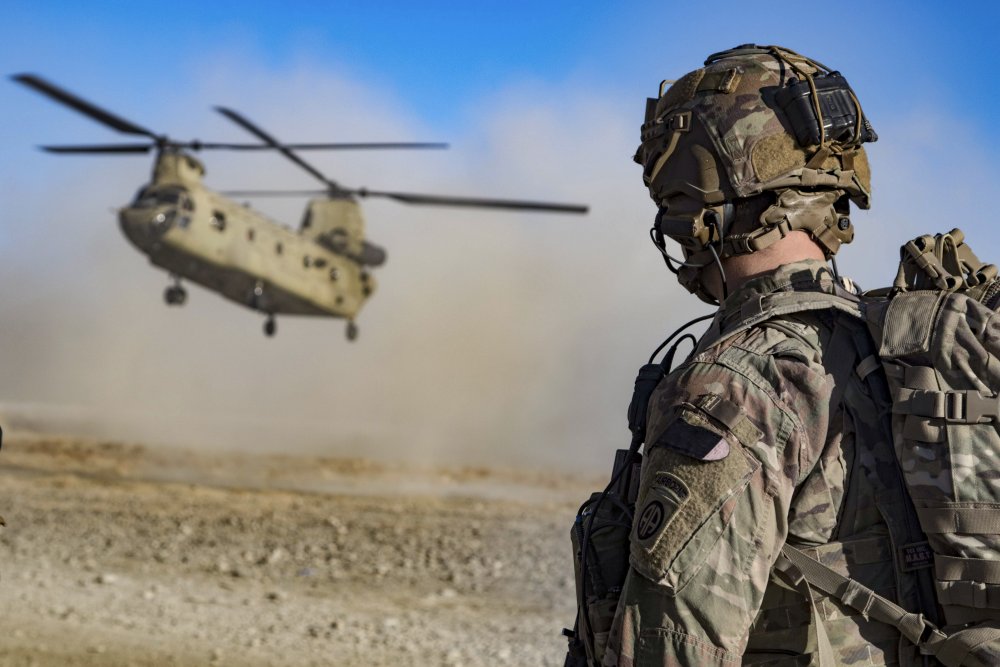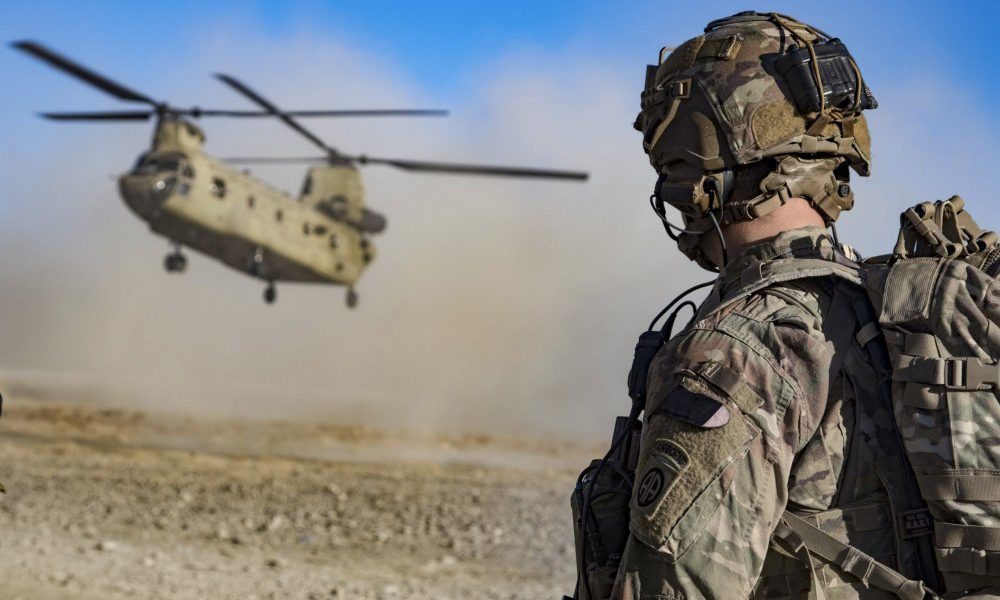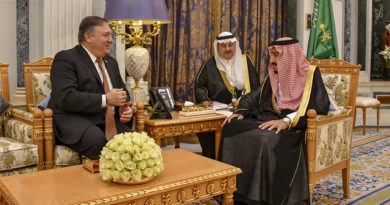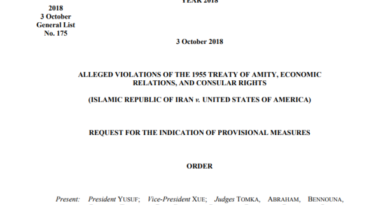Afghanistan War Turns 19

$52 Billion a Year, Over 100,000 Dead
October 7th marks the nineteenth anniversary of the U.S. war on Afghanistan, a nation of 38 million people located over 7,000 miles away from the United States. This war is the longest running war in U.S. history, outlasting the Civil War, the Spanish‐American War, World War I, World War II, and the Korean War combined. Now costing the U.S. taxpayer $52 billion per year, the total cost of this war will soon cross the $1 trillion mark. The official number of lives lost is well over 100,000 people, so far.
The 2001 AUMF: Ending Debate About War
In the United States of America, the authority to make war belongs to Congress, as provided in Article I, Section 8 of the Constitution. That means the Afghanistan War should not have been launched without Congress voting on it, and that would have likely involved debate. However, after the attacks on the World Trade Center and Pentagon on September 11, 2001, Congress passed the 2001 Authorization for the Use of Military Force (AUMF).
President George W. Bush signed this measure into law on September 18, 2001, which essentially transferred the war-making authority from Congress to the Office of the President. It authorized the President of the United States to use “all necessary and appropriate force” against any country or person “he determines” was somehow involved in 9/11 “in order to prevent any future attacks of international terrorism against the United States.” Now freed from constitutional restraints, the Bush Administration wasted no time in launching the war against Afghanistan.
No Debate, No Proof Needed
Lost in the discussion about the Afghanistan War, as well as the greater war on terror, are two very important points. The first is the fact that the Bush Administration launched the war on Afghanistan based only on assertions, not evidence. These assertions were (1) Osama bin Laden was the mastermind behind the 9/11 attacks, and (2) the Taliban government in Afghanistan were providing bin Laden safe haven in their country and would not comply with U.S. demands to turn him over.
Support The Political News Report for as little as $1 per month via Patreon.
The second important point that never gets discussed about this war is the fact that there was never any debate about whether the Bush Administration justifications for the war, if provable, would even justify launching a war in the first place. Any such discussion at the political level was precluded by the passage of the 2001 AUMF. Any public debate was squashed by a complicit media who unquestioningly promoted the Bush Administration claims and attacked anyone who dared question the narrative of “bringing the terrorists to justice.”
No Debate, No End
In the almost two decades since 9/11, any attempt to question the official narrative about the event, or the legitimacy of the ensuing war on terror, continues to be met with contempt and persecution. The few people who have been willing to speak out against the never-ending, ever-expanding war on terror have been ridiculed and attacked by politicians and pundits alike. As Donald Trump has found out, not even a sitting President of the United States is immune from the public attacks on those seeking to curb the excesses of the war on terror.
Today, the warmongers continue to run the show. Despite the U.S. entering into a peace agreement with the Taliban on February 29, 2020, the violence continues and the United States has even increased attacks and raids on the Taliban. An obviously corrupt U.S. government, legitimized by voters who are scared into supporting the lesser of two evils at election time, and a complicit mainstream media continue to ensure that there will be no debate and no end in sight for the decades-long misery the United States has imposed on the Afghan people and the greater Middle East.
We Were Warned
Forty years earlier, one of the most successful career military men in modern history tried to warn us of the dangers lurking in the U.S. military-industrial complex. That man was five-star-general-turned-president, Dwight Eisenhower, 34th President of the United States. Having risen to Supreme Commander of the Allied Expeditionary Force in Europe during World War II, Eisenhower knew a thing or two about war, the growing threat of militarism and the military-industrial complex.
Few people have successfully challenged the ever-expanding war-footing of the United States. However, President Eisenhower took the extraordinary step of specifically warning the American people of the danger posed by the growing financial and political power of war profiteers in his farewell address on January 21, 1961.
At the time, the Cold War between the United States and the Soviet Union was in full swing. During his speech, Eisenhower justified the creation of the “permanent armaments industry” and our huge military force based on this conflict. But he expressed grave concern, live on television, about “the acquisition of unwarranted influence…by the military-industrial complex.”
As the SAM Network puts it, “[n]ecessary though that development might be, Eisenhower warned, this new military-industrial complex could weaken or destroy the very institutions and principles it was designed to protect.” The case of the soon-to-be $1 trillion Afghanistan War echoes Eisenhower’s warning and yet continues to go unheeded today.
Thank you for reading and sharing.
PNR Editor
Image Credit: U.S. Department of Defense



